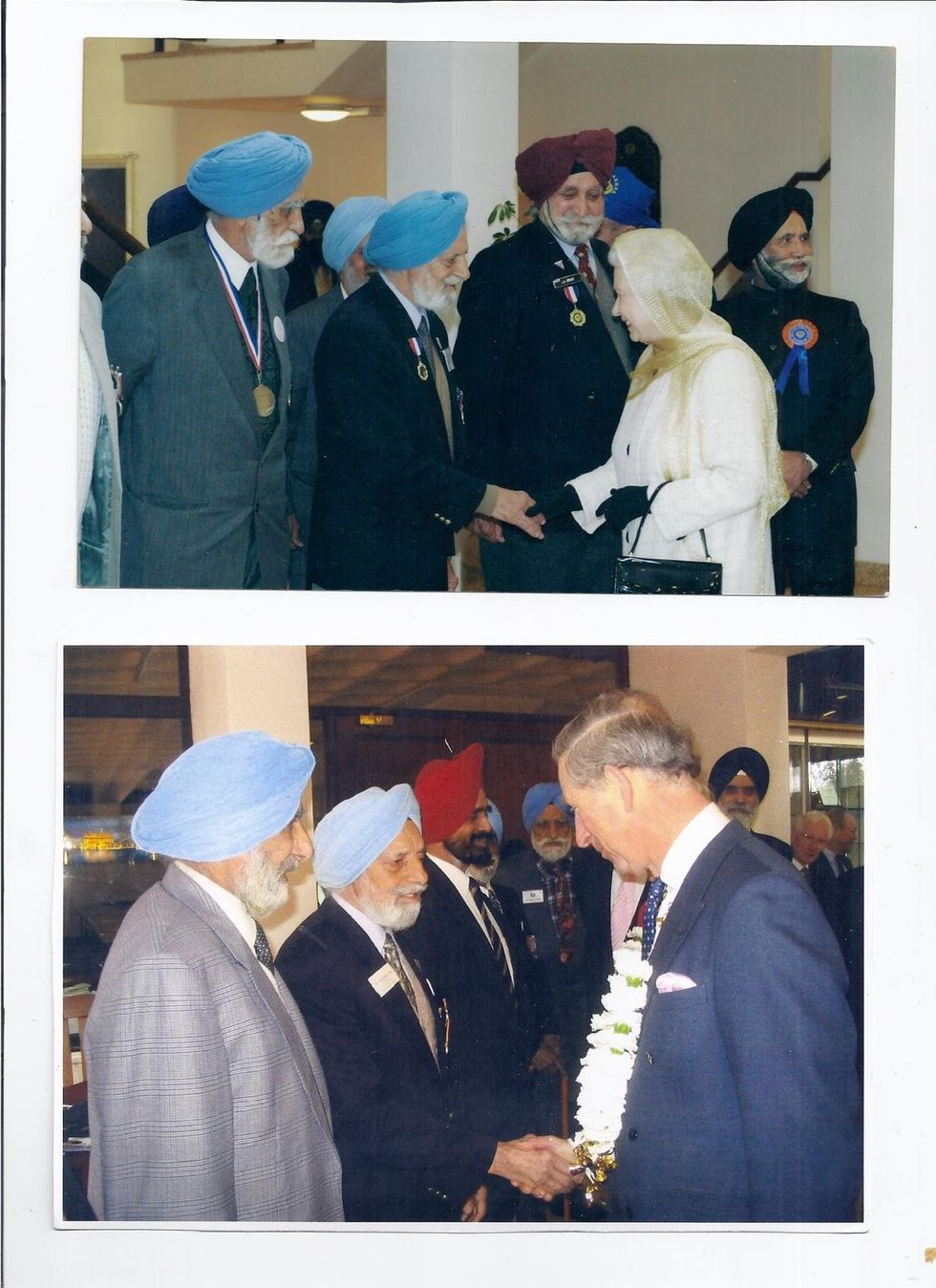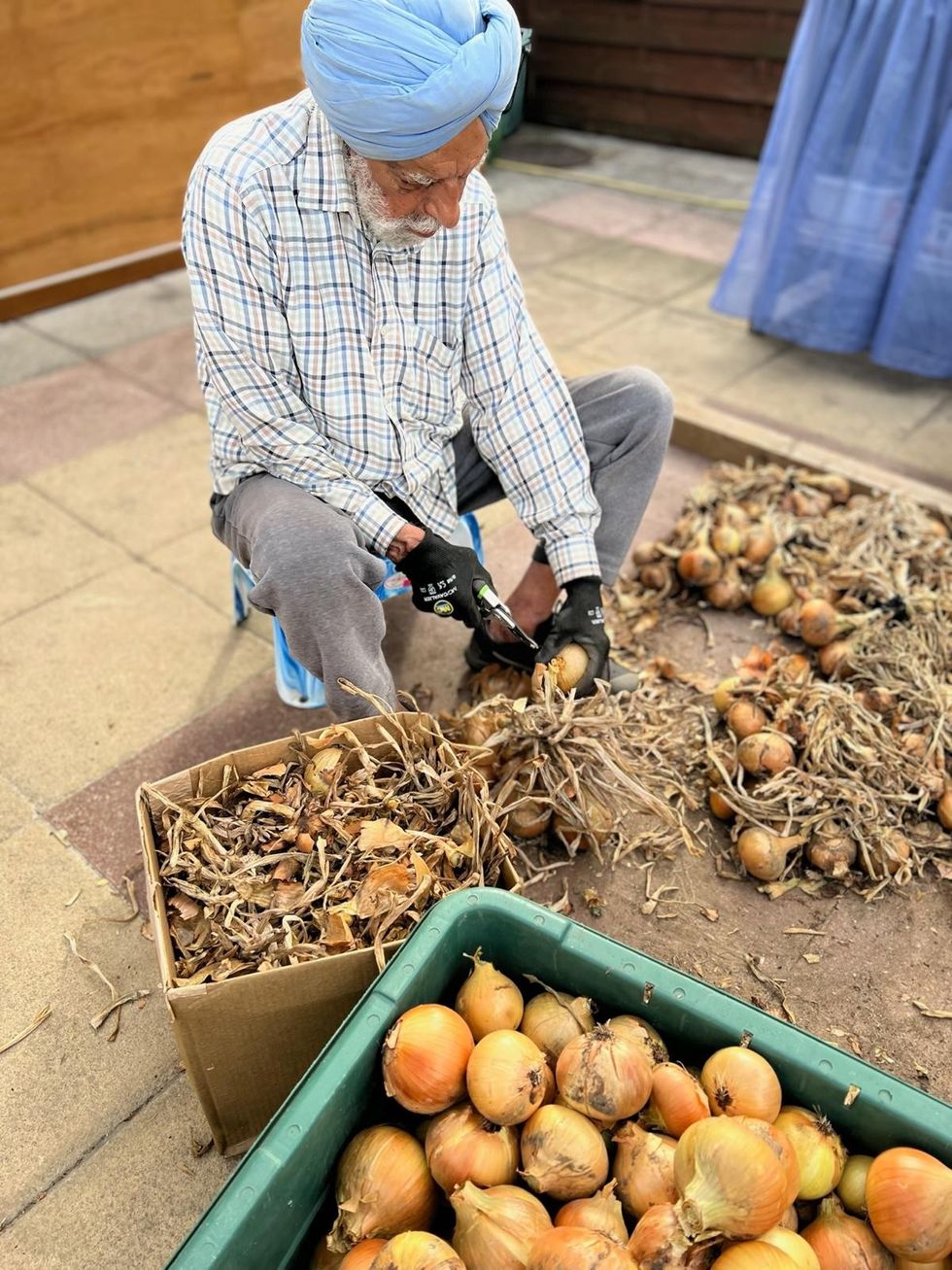HENRY KISSINGER, known for his disdain for India's leadership in the 1970s, has been advocating stronger US-India ties in the past decade under prime minister Narendra Modi.
After Modi came to power in 2014, Kissinger, also the former US National Security Advisor, has been advocating strong ties with India.
When Modi was in the US on an official state visit in June, Kissinger despite not keeping good health, travelled to Washington to listen to his address at the luncheon at the state department jointly hosted by vice president Kamala Harris and secretary of state Antony Blinken.
He was greeted at the elevator by US Ambassador to India, Eric Garcetti.
During the luncheon, he patiently listened to the speech of the prime minister and had an interaction with him.
In recent years, Kissinger made his views known to the public on India when he made a fireside appearance in June 2018 along with John Chambers of the US India Strategic and Partnership Forum (USISPF) on the occasion of the organisation's first anniversary.
“When I think about India, I admire their strategy," Kissinger said during that time.
His relationship with India started in the 1970s when he was in the administration. It was at his advice that the US Chambers of Commerce in the 70s established the US India Business Council (USIBC).
As per archival diplomatic conversations, as early as 1972 he had advocated for India and Japan to be the permanent member of the UN security council.
According to experts, both Kissinger and then-president Richard Nixon could not have a healthy relationship with the then-Indian prime minister Indira Gandhi and they turned their attention to China.
After the end of the Cold War, and the emergence of India as a strong power, his views on India had changed and for successive administrations, Kissinger has been advocating strong ties with India.
Speaking at another USISPF event, Kissinger, then 96, said the Bangladesh crisis pushed the two countries to the "edge of confrontations''.
“India was at the beginning of a historic evolution and not all of the problems that concerned were of equal importance to India. India was heavily involved with its own evolution and the policy of neutrality," he then said in New Delhi.
“If you look at the world, there are upheavals in almost every part of the world and you cannot necessarily develop a general concept for each of them but you can work together on the essentials of peace and progress. Then I would say no two countries now are better situated to evolve their friendship."
A day after Dhaka was liberated on December 16, 1971, then President Nixon was told by Kissinger that he had "saved West Pakistan," according to confidential papers since declassified by the state department.
Kissinger told then-President Gerald Ford after his meeting with Indira Gandhi in October 1974, a few months after India’s first nuclear test, that she had felt an “almost pathological need” to criticise the US but at the same time desired an improvement in Indo-US relations on a “more equal” basis after Washington recognised India as an “important country in the world”.
He once acknowledged that the then US Republican administration had always wished it had a man as 'strong' as Gandhi.
In the same breath, Kissinger said Gandhi did not have a personality that appealed at 'first blush' to Americans.
"Our relations with India are friendly and aloof. It's a fortunate thing the Indians are pacifists, otherwise, their neighbours would be worried. The first time we were in India, they told me that Kabul belonged to India too," Kissinger was quoted as saying according to a White House memo.
(PTI)




















 Dhatt with sons Jasvinder and Parminder
Dhatt with sons Jasvinder and Parminder Dhatt as a young soldier
Dhatt as a young soldier Dhatt with the then Prince of Wales, and the late Queen
Dhatt with the then Prince of Wales, and the late Queen Dhatt gardening at home
Dhatt gardening at home Dhatt with his granddaughter Amrit
Dhatt with his granddaughter Amrit